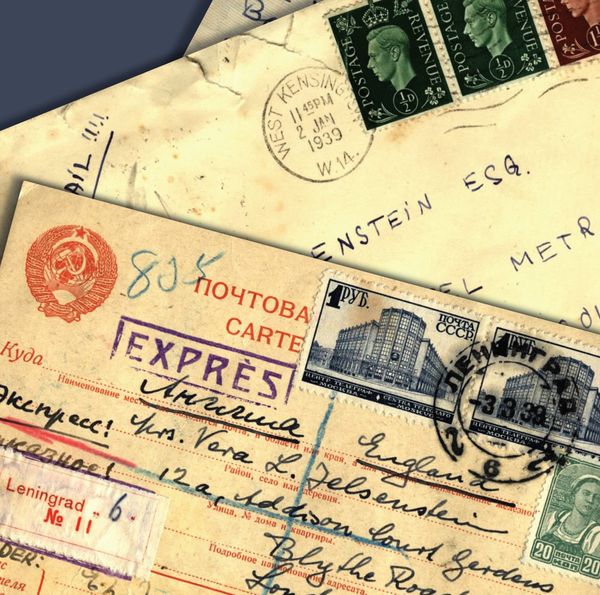History of International Relations: A Non-European Perspective – Erik Ringmar
International Relations (IR) can be defined as the study of the interconnectedness of nations on a global level, merging the disciplines of economics, history, political science and law to examine such topics as human rights, globalisation, security and the environment. Primarily, IR seeks to understand the origins of war, the maintenance of peace, the nature and exercise of power within the global system and the changeability of each participant in international decision-making.
Somewhere along the ages, however, the term ‘European’ was substituted for the term ‘global.’ This was orchestrated by a previous generation of scholars and world leaders alike who, through this deliberate act of erasure, paved the way for the history of Europe to become synonymous with the history of the world. As John Henrik Clarke put it, in his indelible Concept of Deity, ‘nothing the European mind ever devised was meant to do anything but to facilitate the European’s control over the world.’
But things are gradually changing. As pro-European forces fight to immortalise the continent’s values, influence and position through such phenomena as the recent European Parliament elections, Europe’s appeal is slowly being challenged by such historic events as Brexit, with new trade disputes involving giants like the US or China, emerging more frequently.
The timing of Erik Ringmar’s 2019 textbook, History of International Relations: A Non-European Perspective, then, could not be more apt. Despite the recent divergence from the continent that nations like Britain and Italy are beginning to display, the unapologetic preponderance Europe continues to enjoy seems to have necessitated such a book, which puts forward the comparative study of international systems from a deliberately non-European standpoint. Ringmar himself describes it as the relation of non-European histories ‘on their own terms, not as they were impacted by, or had an impact on, Europe,’ given that ‘the rules of international politics are European rules,’ and that ‘their norms and institutions are European norms and institutions.’
In his Introduction, the author explicitly sets out the aims and concerns of the work: it is not motivated by an attempt to be politically correct, but wishes to, ‘straightforwardly, provide the kind of information you need in order to understand today’s world’ (p.2). The frankness with which Ringmar communicates this intent is maintained throughout the book, fostering a sense of dependency on the part of the reader. In other words, there is an irrefutable sense that the writer knows exactly what he means to say and we come to trust his matter-of-fact method of delivery. Ringmar does not sugar-coat the truth even when it concerns subjects we are reluctant to discuss. From colonisation and erasure to the Kama Sutra, there is no ground he is unwilling to cover if it is relevant to his unique dissection of IR.
Ringmar begins with the history of China and a captivating presentation of the first rulers – the Shang, 1600-1046 BCE, before moving on to the Zhou dynasty and the establishment of the Chinese state. He then meanders to India where he discusses the development of the country’s international system, pauses to analyse the Arabian expansion and then follows a calculated course to Africa, the Americas and Europe.
Each nation or continent is probed, yet there are no interminable pages of tiresome, arduous text to daunt and intimidate the reader. Culture, religion, history and development are categorised under playful subheadings such as ‘A Giraffe in Beijing’ or ‘Dancing kings and female warriors of Dahomey.’ Moreover, where he is unable to expand on a particular topic, Ringmar’s ‘Read more’ bibliographic sub-section, constitutes further evidence of his dedication to an amelioration of the reader’s knowledge.
Above all, the book finds a way to bind the human race together in a manner which is simply remarkable. For a piece with so many categories and fragments, Ringmar’s ability to capitalise on the collective and the universal, elevates the work. For instance, when he says: ‘All human beings are Africans,’ he does not mean it literally, and we know it. Rather, the feeling of solidarity that this engenders, resonates with the reader. As though we were looking into a very large mirror or witnessing our own births, statements such as these compel us to devote our undivided attention to the author’s story about people.
Finally, like a father who chastises but does not disown, Ringmar includes a brief history of Europe. Yet he neither dwells on, nor communicates it as superior. After all, as he mentions in the Introduction, ‘Europe matters too.’ For the author, however, the continent is a mere stitch in the fabric of our world; a world in which we must all learn to coexist equally and whose various parts we must force ourselves to acknowledge. Despite being ‘very much introductory,’ as Ringmar claims, this book contributes significantly to that process of cognition.
You can now read Erik Ringmar’s ‘History of International Relations: A Non-European Perspective’ at https://www.openbookpublishers.com/product/228 or access the author’s blog at http://www.irhistory.info/
Maddie Janjo worked as a volunteer at OBP and is currently completing her MSt in Creative Writing at the University of Oxford.



